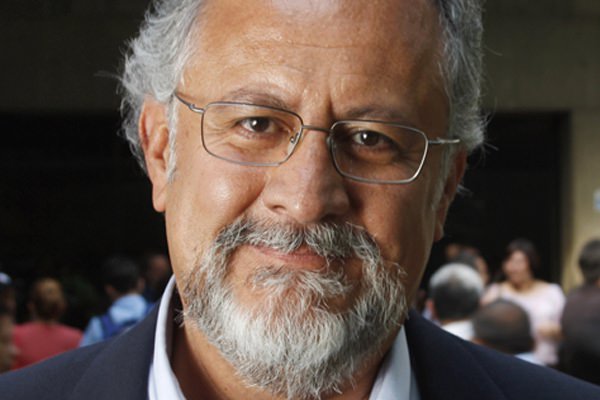Country/region: Mexico
Conflict: Ethnic conflict, structural violence
Organisation: Servicios y Asesoría para la Paz (SERAPAZ)
Field of work: Human rights, Peace Education, Positive Conflict Transformation
Miguel has participated in dialogues between the government and the Zapatista Army of National Liberation (EZLN), as well as talks between the government and relatives of the disappeared normalists of Ayotzinapa. From a very young age he has had contact with people such as Bishop Sergio Méndez Arceo, historian and ideologist of liberation theology. He studied at the Instituto Patria and participated in the student movement of 1968. In the 1970s and 1980s he worked with indigenous communities. In the 1990s he was executive secretary of the “Grupo de Obispos Amigo”, coordinated by the bishop of Tarahumara. 1996 he co-founded SERAPAZ. It´s vision is to be an organization that seeks the structural transformation of the general conditions of social struggle and conflict, promoting a culture of peace based on the search for justice and respect for human rights. In 2017 Miguel received the prestigious Premio Nacional de Derechos Humanos (National Human Rights Award).
The abbreviation SERAPAZ has got a double meaning: Services and Advices for Peace and also: There will be peace. It is a Mexican civil society and non-for-profit organization, independent from the state, political parties, corporations and any other actors. SERAPAZ was founded and inspired by Bishop Don Samuel Ruiz García in 1996, together with Miguel Alvarez Gándara, former president and director of the National Comission for Intermediation in the Chiapas conflict. We accompany and support social actors by providing advice to build peace, justice and dignity, and we also work with broader social alliances and local initiatives in order to transform conflicts.
The organization has established a “School for Peace” in 2006 in order to offer a pedagogical space of encounter and strengthening of the capacities for the organizations and social actors in the way of the transformation of social conflicts. The educational experience is based on the approach of Positive Conflict Transformation (PCT), also based on the didactic and methodological proposal of Popular Education.
The School of Peace is an integral pedagogical proposal that facilitates knowledge, tools and experiences in peace-building. It develops and strengthens capacities around analysis and strategic design for the positive transformation of conflicts, accompanied by strategies for dialogue (negotiation, mediation), political advocacy, strategic communication and security.
Although the National School of Peace is the most representative educational space of SERAPAZ, regional processes have been carried out in eight different regions. In addition to sharing some of the contents of the national space, the training and strengthening of actors is promoted based on the specific needs of the state or region in which they are carried out; thus combining SERAPAZ ‘s knowledge and experiences with that of local organizations.
